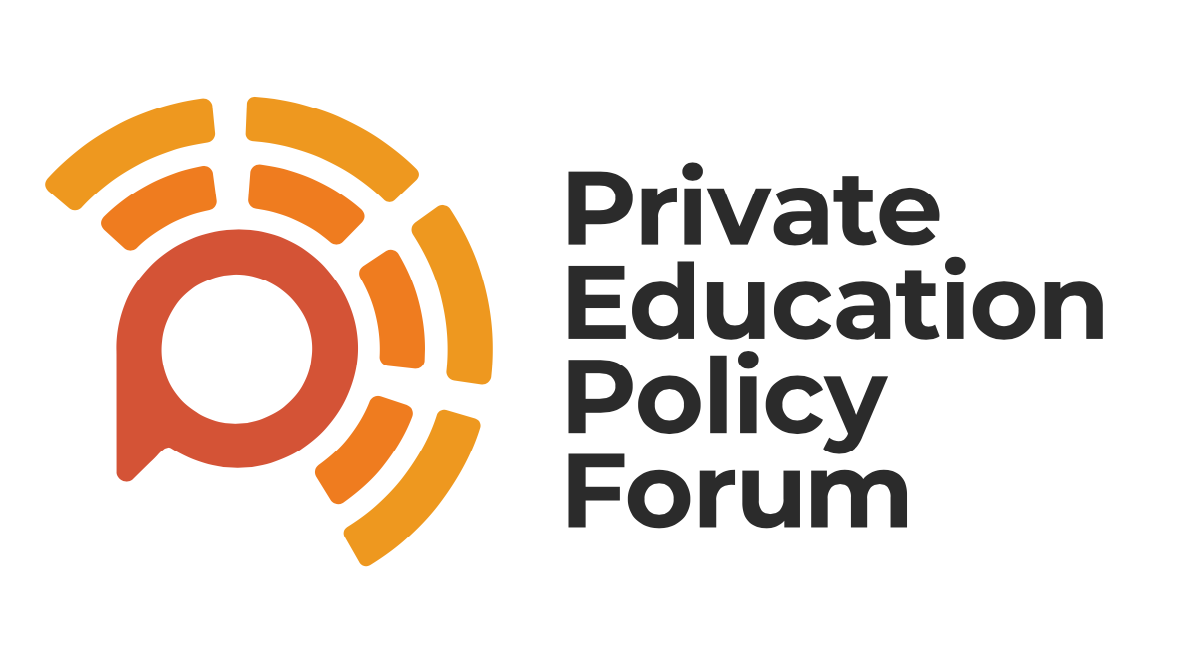
Adam Swift
Private schools are unfair. They don’t have to be.
Suppose all schools were private, children had the same amount of resources devoted to their schooling, and schools competed to attract them. That would be a fair private system. But British private schools are not like that. They are institutions that help well-off parents transmit their advantages to their children in ways that conflict with the idea of equality of opportunity, with the idea that it’s unfair for a child’s prospects in life to depend on her social background.
That much, surely, is undeniable. Those who wish, nonetheless, to defend private schools as we know (and some love) them in the UK, will, I imagine, concede that. Their claim will be that fairness is not the be-all and the end-all; that attempts to pursue a level playing-field inevitably bring us into conflict with other values, values that are more important and should not be sacrificed on the altar of equality (not even that of equality of opportunity).
I agree that it would be madness single-mindedly to pursue the idea that children’s chances in life should be independent of their parents’ social position. Doing that would require such intrusive regulation of the family that few of us would want to have children in the first place. Since I think that intimate familial relationships are among the greatest goods that human beings are capable of realising, I am hardly going to advocate their abolition. But I don’t accept the idea that respecting “family values” means respecting a parent’s right to buy an unusually expensive education for her children.
What makes families valuable are the loving relationships they embody and make possible. Many parents who don’t — or can’t — go private are no less loving than are their counterparts who do. Does anybody disagree with that?
Diane Abbott, the left-wing Labour MP opposed to private education, once hit the headlines for sending her son to an expensive private school. She regarded her decision as both indefensible and inconsistent with her principles, and regarded herself as having compromised her reputation for integrity. In so far as her aim was simply to avoid state schools she regarded as inadequate — for her son, and for everybody else’s — I would (and did) defend her against her own self-accusations. Those who would abolish private schools may, in the wrong circumstances, quite consistently, and defensibly, send their children to such schools.
But the idea that parents should be able to send their children to decent schools does not mean that we must keep the independent sector in anything like its current form. On the contrary. I want all schools to be good enough and see private schools as an obstacle to that goal. The main reason to abolish them is that they are bad for the 93% of the population who don’t go them. With no private schools, the value of what the state provides would improve. It would do so in absolute terms, because creaming off affluent children (and parents) depresses educational standards in the rest of the system. And it would do so in relative terms, because children in the state system are made worse off — in the competition for university places and jobs — simply because children in private schools are getting more or better than they are.
This takes us to the nub of the issue. My sense is that many defenders of private schools acknowledge that they are unfair but think that, since many private schools provide high quality education, which is undeniably a Good Thing, it would be perverse to get rid of them. That would be the politics of envy, evidence of a perverse desire to level down for the sake of equality. (C. P. Snow justified sending his son to Eton by saying that he did not believe in “cutting down the tall poppies”.) But I don’t want to abolish private schools just because I resent some children getting a Good Thing not available to others.
Educations are not like cars. Your having a better car than me does nothing to make my car less worth having — except through feelings of envy. But your child’s having a better education than mine really does make my child’s education less valuable for her. Like it or not, much of the value of education is competitive — what matters is not how good yours is but how good it is relative to other people’s.
Add in the idea that the state’s operating alongside an elite private system depresses the absolute quality of what it provides and I hope you can see why abolition would not be about cutting down the tall poppies. It would be lowering the ceiling in order to raise the floor. That’s not levelling down.
Some see my urging of abolition as worryingly Stalinist, not so much because they think it implies levelling down as because they assume I am rejecting pluralism, advocating dull uniformity. An all-state system is synonymous, on this view, with an oppressively dirigiste educational regime, my argument therefore manifesting an almost totalitarian urge to control and limit what children learn.
Talk about “private education” misses the point. What is really valuable about the schools I would have us ban is that they are independent. This certainly points towards a legitimate concern. There undoubtedly have been, and still are, states to which I would not be happy to entrust the nation’s (let alone my) children. States can be oppressive and dangerously single-minded. I just don’t believe that our state is, or would be, like that. We enjoy an essentially liberal political culture, one sufficiently, albeit not perfectly, sensitive to difference, to the wide range of ways in which people might choose to live their lives. Subject to our democratic control, I do not fear the state education system slipping into totalitarianism.
Nor, with a few honourable exceptions, do I see independent schools as bulwarks of pluralism and variety, valiantly protecting otherwise-threatened-but-legitimate ways of life against an overweening state. Let’s be honest about this. The schools in question are, in large part, means by which parents can enable their children better to compete in the game that the others are playing. Only rarely are they means of playing a genuinely different game. To the extent that they are indeed the latter, and if that game is one that children should indeed be free to play, then I really don’t see why they couldn’t be provided by the state.
In any case, and here I return to my starting-point, my objection is not to pluralism, nor even to parents being able to choose their children’s schools. It is to the unfairness that is currently so closely intertwined with them. In my view, although parents don’t have the right to go private, parental choice can be an effective mechanism for raising standards. Suitably regulated, the private sector might be able to provide fairness and pluralism. The trick is to reap the benefits of consumer choice while avoiding unfair inequalities of opportunity.
So how about an egalitarian voucher scheme: parental choice, no top-ups (so that equal resources are devoted to each child), with private schools competing for children but, if oversubscribed, admitting randomly from those that apply? So that parents, not schools, do the choosing?
I don’t care whether we call that a private system — because schools are privately owned and run — or a state system — because the state regulates (indeed equalises) fees. What matters is that it would be fair. (Actually, what would really be fair would be a means-tested system in which those from poor families got more resources devoted to their schooling than those from well-off families, to compensate for the other educational disadvantages they tend to suffer. But I would certainly prefer equal vouchers to the status quo which allows those already advantaged in other ways to benefit further from unusually expensive schooling.)
Cogent defences of private schools will appeal to genuinely relevant values like pluralism, market efficiency and the value of freedom of choice, not to false ideals such as a parent’s right to do the best for her children. Taken seriously, however, and extended to all, not just to those lucky enough to be able to pay over the odds, they lead us a long way from the independent sector as it is today.
This blog was first published as an article entitled “How not to defend private schools”.
Adam Swift is professor of political theory at University College London. His books include How Not To Be A Hypocrite: School Choice for the Morally Perplexed Parent (Routledge, 2003), Family Values: The Ethics of Parent-Child Relationships (with Harry Brighouse) (Princeton UP, 2014) and Political Philosophy: A Beginners’ Guide for Students and Politicians (Polity, 4th ed. 2019).



